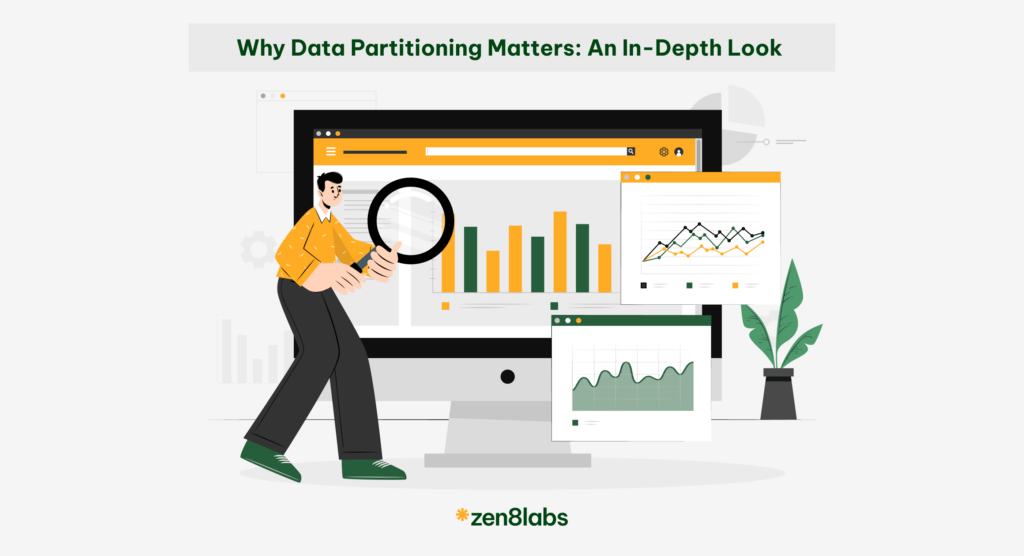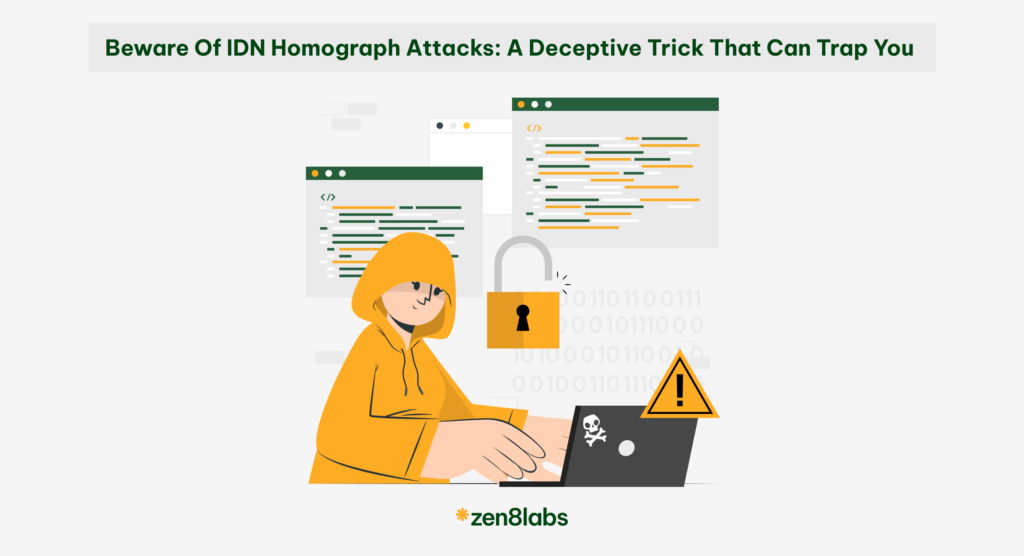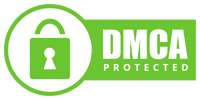
In 2024, with the blossoming data economy and the growing sophistication of cyberattacks, data privacy is no longer a luxury – it’s a necessity. In this guide, we’ll look at why data privacy is important, and how it is linked to data protection. Then we’ll take a look at the GDPR (EU Data Privacy Laws). Finally, we’ll give you some ways to improve your data privacy in both personal and business environments.
What is data privacy?
Simply put, data privacy is about ensuring the responsible collection, use, and disclosure of personal information. This includes user data like email addresses but also extends to more sensitive information like biometrics and credit card numbers.
With a staggering 71% of countries worldwide implementing or developing data privacy legislation (United Nations), understanding these rights is no longer optional – it’s essential. It can make or break the success of a company, like Christopher Wylie, who worked with a Cambridge University academic to obtain the data, once said to the Observer: “We exploited Facebook to harvest millions of people’s profiles. And built models to exploit what we knew about them and target their inner demons. That was the basis the entire company was built on.”
Data privacy versus personal data protection
Data privacy focuses on the responsible use of personal information. It ensures data is collected, used, and disclosed ethically, respecting user rights throughout its lifecycle. Imagine data privacy as the gatekeeper within the fortress. It dictates who can access the data, for what purpose, and for how long.
Both data protection and data privacy are essential for a holistic cybersecurity strategy. Data protection secures the data, while data privacy ensures its responsible use. Together, they form the cornerstone of a secure digital environment.
Data privacy regulations
Data privacy isn’t magic. Behind the scenes, interdisciplinary teams – legal, compliance, IT, and cybersecurity – collaborate to craft data governance strategies. These strategies ensure user privacy is respected while organizations leverage data responsibly. Certain principles form the bedrock of most data governance strategies:
- Access: Users have the right to know what data is held about them and to access, update, or amend it.
- Transparency: Organizations must be clear about what data they collect, how it’s used, and with whom it’s shared. This includes informing users about any changes to data practices. Internally, organizations should maintain a data inventory categorized by sensitivity and purpose.
- Consent: Whenever possible, user consent is required for data storage, collection, sharing, or processing. Organizations must have a legitimate reason for using data without consent. Users should also be able to object, withdraw consent, and raise concerns about data handling.
- Data quality: Accurate data is crucial. Inaccurate data can lead to privacy violations and hinder business processes.
- Collection limitation: Data collection should have a purpose, with the minimum amount collected for the stated purpose. Retention should be limited to the time needed to fulfill that purpose.
- Privacy by design: User privacy should be a core concern throughout an organization’s processes and systems. Data collection should be opt-in, and users should have control over their data.
- Security: Robust security measures are essential to protect data confidentiality and integrity. This includes training employees on compliance, partnering with privacy-conscious vendors, and implementing technical controls like IAM, SSO, MFA, DLP, and data encryption.
The GDPR compliance: EU data privacy laws
Enacted in 2018, the General Data Protection Regulation (GDPR) fundamentally reshaped data privacy for EU citizens. Ponemon Institute revealed that 72% of organizations globally reported being impacted by the GDPR. This regulation empowers individuals with significant control over their data, including:
- Explicit opt-in consent: Companies must obtain clear and unambiguous user consent before collecting or processing data.
- Right to data access: Individuals have the right to request and receive a copy of the data a company holds on them.
- Right to erasure (Right to be forgotten): Individuals can request deletion of their personal data under certain circumstances.
GDPR compliance presents challenges for organizations, particularly responding to data subject access requests. Many companies struggle to locate, provide, or delete user data efficiently. GDPR-compliant data discovery and classification software can streamline this process.
HIPAA: The US focus on healthcare data
In the US, the Health Insurance Portability and Accountability Act (HIPAA) safeguards patient data privacy. With healthcare records fetching 10-20 times the value of credit card numbers on the black market, robust data security is paramount.
HIPAA’s Privacy Rule, enacted in 2000, dictates how healthcare providers handle and protect patient data. While HIPAA primarily focuses on healthcare data, the GDPR’s broader scope encompasses “sensitive personal data,” including health information.
The importance of data privacy
The importance of data privacy can be examined from a business perspective:
Power and responsibility
Data is the new oil, fueling the digital economy. Companies like Google and Facebook have built empires on user data. Transparency in data collection, use, and privacy practices is essential for building trust with customers and partners. Privacy failures can be costly, eroding trust and brand reputation.
The right to privacy
Dr. Ann Cavoukian, a pioneer in Privacy by Design (PbD), emphasizes privacy as the cornerstone of freedom. It allows for uninhibited expression and fosters a healthy democratic society.
- Compliance: Privacy is a fundamental human right recognized by the United Nations. Many countries, like the EU with GDPR, have enacted strict data privacy regulations with hefty fines for non-compliance. The US has state-level laws like CCPA and industry-specific regulations like HIPAA.
- Security: Personal data is a prime target for hackers. Data breaches can cost millions (source:IBM’s Cost of a Data Breach 2023 report). Strong data privacy practices often align with robust security measures, protecting sensitive information and user trust.
- Competitive advantage: Consumers are more likely to do business with companies that prioritize data privacy. A reputation for data protection can be a competitive advantage, attracting and retaining customers.
Business-focused data privacy tips
If you’ve read through the above, you’re probably wondering how you can ensure data privacy. In this section, we’ll give you some tips on how to do that, whether you are a business or merely a concerned consumer.
- Empower your workforce: Educate all employees on data privacy best practices. Integrate data privacy training into onboarding and ongoing programs.
- Leverage free security tools: Utilize free resources like encrypted storage, password managers, and VPNs to fortify your data security posture.
- Embrace zero trust: As Sivan Tehila, cybersecurity expert, suggests: “Zero Trust minimizes attack surfaces by isolating applications and segmenting network access. This ‘trust, but verify’ approach strengthens data privacy for all users and devices.”
- Prioritize continuous monitoring: Actively monitor your network for suspicious activity to detect and mitigate potential breaches swiftly.
- Don’t be complacent: Cyberattacks target businesses of all sizes. Be proactive in safeguarding your data.
Remember: Strong data privacy practices not only enhance security but also foster trust with your customers, giving you a competitive edge.
A final word
Data privacy is no longer optional.
As a consumer, be mindful – companies store and leverage vast amounts of your data. Understanding how it’s handled is crucial. Remember, privacy is a fundamental right. For businesses, data privacy is paramount. Regulations like GDPR dictate responsible data practices. Non-compliance comes with hefty fines, but the bigger threat? A data breach can shatter your reputation and cost millions.
We understand the gravity of data privacy. Our zen8labs solutions empower businesses to achieve compliance and safeguard sensitive information.
Prioritize data privacy – build trust, mitigate risk, and thrive in the digital age.






